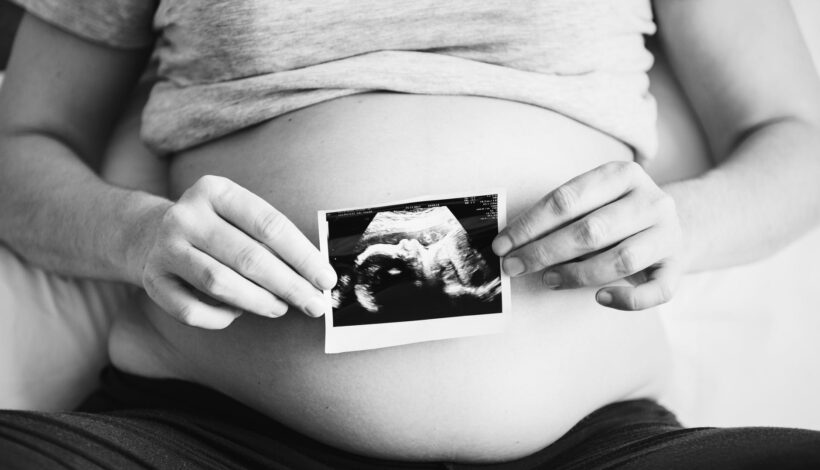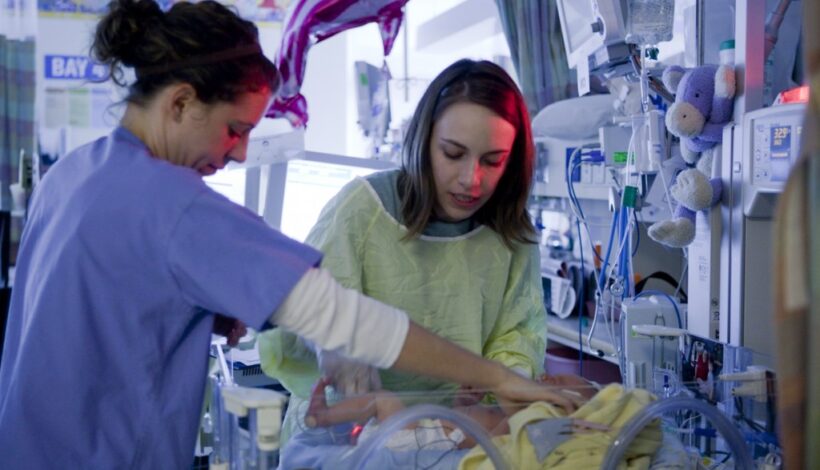I think that this is a hard decision for any mother to make when she is told that her baby may not be viable. I can see several ethical things here that would make a decision difficult to make. First of all, there is the termination of the pregnancy recommended because the baby will not be viable at birth, and then there is the religious aspect. These are both ethical situations that can be very difficult for parents when they have to make a decision. Doctors make decisions based on the viability of a baby and feel that if the baby will not make it, the pregnancy should be terminated. In a Christian hospital, for example, these conversations may not happen, because they do not do terminations of pregnancy, so that suggestion would not be made. However, at a non-Christian hospital, that type of discussion may happen there frequently.
Each hospital should have an ethics team to explain the choices to the mother so that a mother that does not believe in termination is aware that she does have the right to keep the baby until he passes. Allowing the parents to use their own judgment in a case like this, provides for better healing as they cope with the impending loss. The termination of a pregnancy before its time is devastating to any parent. A parent’s religious beliefs in the Lord keep them holding on for a possible miracle and we should not interfere in their decision making. If the miracle does not happen, those parents will find the way to grieve the loss but at least they were offered a choice and will not have to worry that the choice was not given to them and they will not have to live with the “what ifs.” This would be their way of coping with the death of that child (Denisco & Barker, 2012).
References
Denisco, S. M., & Barker, A. M. (2012). 25. In Advanced practice nursing: Evolving rules for the transformation of the profession (2nd ed., pp. 547-567). Retrieved from https://campus.capella.edu/web/library/home
Rosie Moore, RN, DNP
Visit my Website to learn more www.rosiemoore27.com
Follow me on Facebook https://www.facebook.com/rosiesnursecorner/


